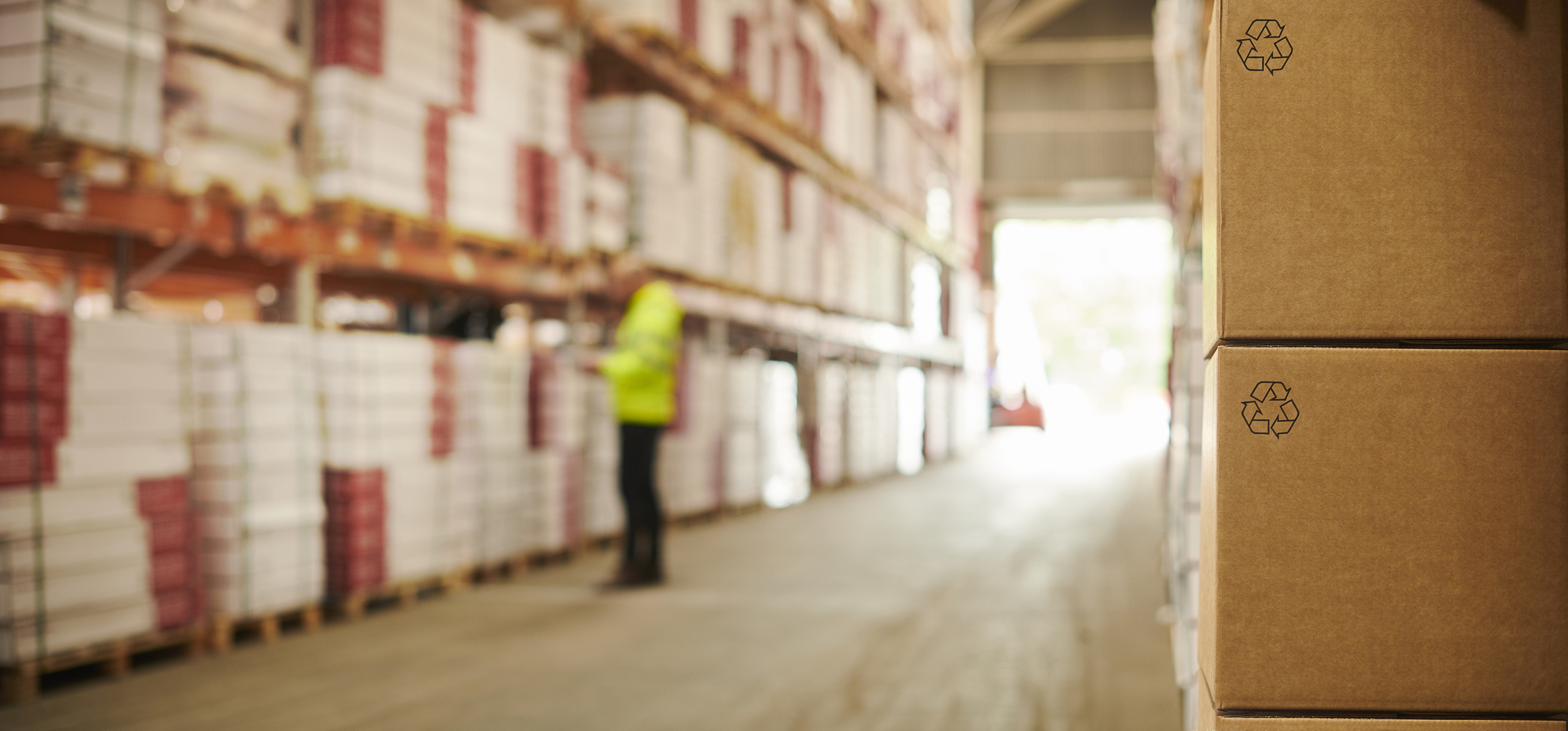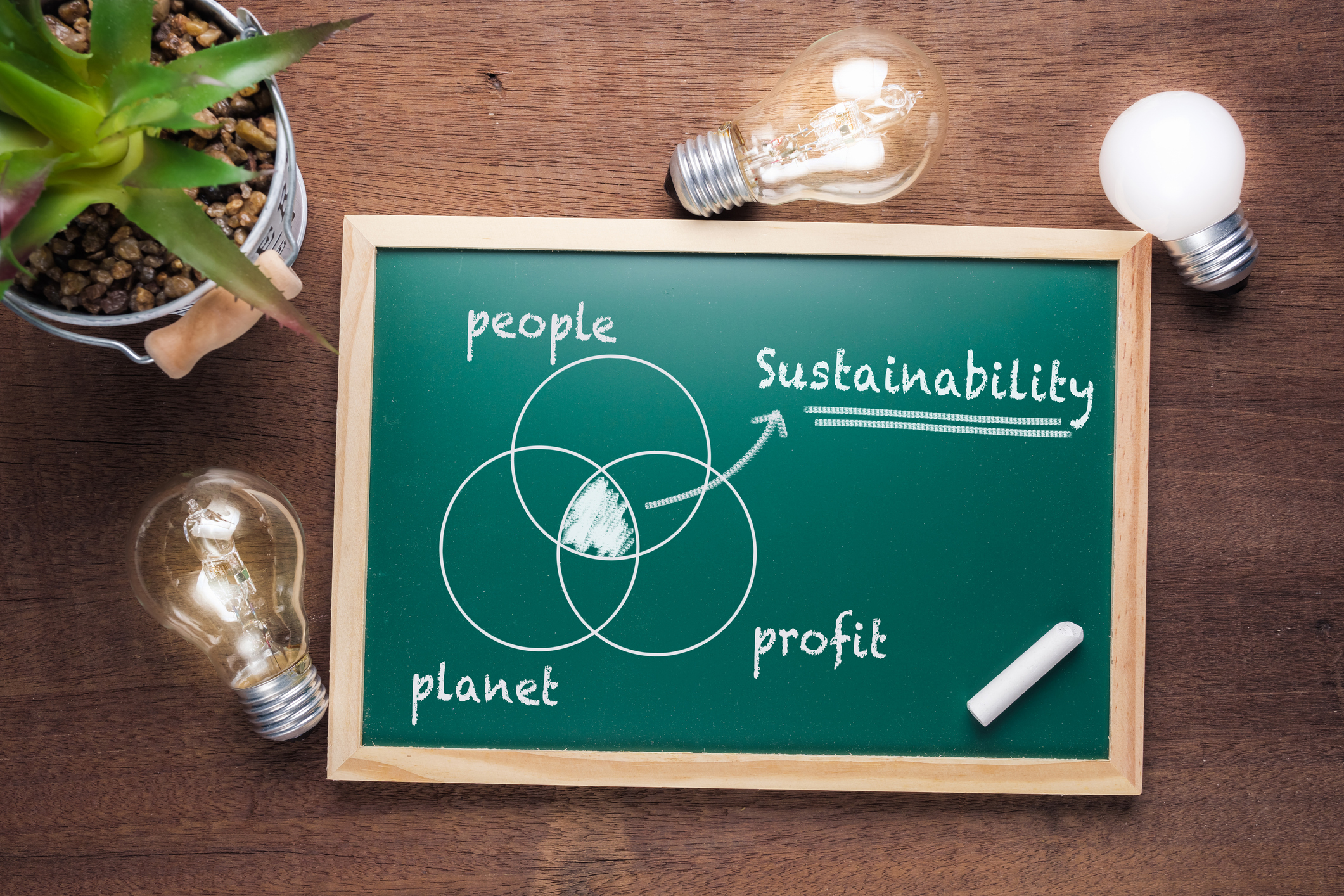By Ben Sillitoe
I’ve seen a few comments and analysis pieces recently scoffing at retailers’ attempts to be more environmentally-friendly, and I feel lots of the criticism is a tad unfair.
Yes, of course we need to be mindful of so called ‘greenwashing’, and there’s a strong argument that caring for the environment we all live in should have been front and centre of businesses strategies from day one, but surely the now daily raft of green industry initiatives we’re hearing about is a good thing.
By our very existence and that of business, a carbon footprint is inevitable, making the meaning of true sustainability difficult to define, so the focus has to simply be on being better. Being better to slow down the damage we are doing to our planet, and being better at getting others to follow the cause.
From frozen food retailer Iceland’s ongoing efforts to “turn down the tap of plastic production” and its plastic bottle deposit return scheme, to Tesco’s promise to reduce 350 tonnes of plastic per year by eliminating multibuy wrapping, there are plenty of examples of positive action being taken.
In fashion, where many big names have been hauled into Parliament to face an Environmental Audit Committee inquiry into fashion sustainability, there are encouraging moves being made. To name just two, H&M has taken a majority stake in Sellpy, a re-commerce platform that sells second-hand clothes, while Burberry said this week that it will be “entirely powered by electricity from renewable sources” by 2022 – moves that need to be applauded, if not taken as strategies that will save the planet by themselves.
As Alecxa Julia Cristobal, marketing content writer for electronic payment provider AsiaPay, says: “If you’re in the fashion industry, capitalising on sustainable clothing is now a trend.”
Top tips for being better
Thanks in large part to Sir David Attenborough and his Blue Planet BBC programme – not to mention the unseasonal extreme weather-related disasters we’re seeing around the world – the health of the environment is well and truly under the global spotlight. And shoppers are starting to take retailers’ environmental policies into account when making purchasing decisions.
Accenture research shows 83% of consumers across North America, Europe, and Asia believe it’s important or extremely important for companies to design products that are meant to be reused or recycled. And 72% said they’re currently buying more environmentally friendly products than they were five years ago.
Brendan Murray, content marketing manager at Akeneo, an open source product information management company, says: “Consumers increasingly want the brands they buy from to be good corporate citizens – even if they have to pay a bit more for the privilege.”
Appealing to the ethically conscious customer is going to take more than just labelling things “green”, though. As product provenance becomes more transparent, at the demand of shoppers, token eco-gestures are not enough – companies need to build being good into their very make-up.
As Mike Hayers, UK country manager at ShipStation, a shipping software company, remarks: “Going green has been a great way to elevate your brand’s image for close to two decades now.
“But while concerns grow more and more to the collective forefront, simply stating “we went green by packaging in recycled boxes” no longer cuts it.”

And Steve Tainton, head of sustainability and CSR at Wincanton, a logistics services provider, says: “The responsibility is on the retailer to be more transparent about their supply chain.
“If they want to attract ethical consumers, they need to be crystal-clear in demonstrating their ethical credentials and completely authentic in their data and position.”
Adrienne Burns, director of customer experience at Summit, a digital commerce agency, acknowledges that “making radical changes to an entire operation will be tricky and takes time”.
“However, I would suggest that retailers look at what customers expect to see when it comes to being environmentally and socially conscious and start there – whilst of course looking at how to make long lasting and forward-thinking changes,” she comments.
Burns also advises giving consumers choices, noting: “You don’t need to roll out everything at once but let consumers know what you have changed and give them the option to purchase more sustainably.”
Mike Richmond, chief commercial officer at Doddle, a parcel and returns collection service, challenges the idea that being green is about image, saying that “feels superficial”.
“Consumers can see the wood from the (carbon neutral) trees when it comes to ‘green-washing’ and conversely, they are proven to react immensely positively to retailers which heed their demands for ethical behaviour,” he states.
“Shoppers want to know that your product is produced and delivered in a way that is genuinely sustainable. And in the context of delivery, I think there’s a lot of catching up to do.”
And, of course, if consumers are so tuned into being green as the surveys and the anecdotal evidence suggests, it’s now up to retailers to effectively communicate what they are doing to meet those demands.
Sarah MacDonald, northern EMEA regional marketing manager at Magento, an eCommerce platform provider, advises retailers to design their websites to clearly state their green practices.
“Whether this is talking about recyclable packaging in the delivery/returns section, or highlighting what their clothes are made of in the product information – it’s now more important than ever to be upfront about being green,” she comments.

Marginal gains to be made in delivery
In the early days of ecommerce, some digital-only retailers, including grocer-cum-tech-company Ocado, touted their deliver-to-home services as a greener option than consumers taking their own cars to the supermarket. There may be some truth in that, there may not – but as ecommerce has grown in popularity and more and more trucks and vans from multiple retailers hit the road, the argument has been watered down.
It means there are several stages of the delivery and supply chain process that retailers could focus on to make marginal gains that, when combined, add up to huge differences in terms of environmental friendliness.
Daniel Ennor, chief commercial officer at GFS, a global delivery technology company, notes: “By consolidating the number of pickups and collections, companies can improve efficiency, and maximise delivery performance.”
This point is extended by Gary Winter, parcel services director at PayPoint: “It simply can’t make any sense environmentally, economically or logistically for multiple vans to travel down every street in the land, every day delivering to a few houses each. I predict that if the industry doesn’t take action in this area itself, then legislators are likely to step in and force their hand.”
Meanwhile, Joe Farrell, vice president of international operations at PFS, a fulfilment services provider, says attention to product packaging is one of the most visible ways retailers can improve their supply chain sustainability.
“Retailers only stand to gain when they embrace sustainable packaging,” he remarks, adding reducing the amount of waste consumers themselves have to dispose of upon receipt of products is a key way of improving a business’s reputation.
Emily Cotterill, head of sustainability at Rebound, a returns platform, agrees packaging is important, but argues that shoppers are increasingly “becoming mindful of how green the delivery and returns options are”.
“In an Advanced Supply Chain Group returns white paper published this month, 43% of respondents said that they would be more likely to purchase from a retailer if they offered a green returns service, but only if it was free,” she notes.
“Interestingly, this percentage drops to 23% if the customer had to pay. Therefore, retailers must consider what resonates most with their customer base, making their proposition appealing to ethically conscious consumers, whilst also economically viable.”
Matthew Robinson, Co-CEO at NetDespatch, a shipping and parcel data management platform for carriers, acknowledges retailers and carriers alike are “feeling the pressure to have sustainable advocacy in their business plan”.
But, judging by consumer trends, there is no use battling against the tide. Soon enough, being green will be a prerequisite, and that means there is effectively no option but to get better at finding environmentally-friendly ways of retailing.
“As the new generation comes of age, their preferences and purchasing power will start to have a big impact on business,” Robinson says.
“Given the rocketing profile of environmental issues, retail businesses need to respond or risk becoming out of touch with the new generation of customers.”
Out of touch and out of business, perhaps?

Summary
Although the industry is not short of useful advice, as highlighted by the above comments from IMRG members, it is my view that the sector needs more eco warriors. In the past we’ve had The Body Shop founder, Anita Roddick, and in the years since Lush co-founder Mark Constantine has been a baton carrier for the sustainability cause.
Today, Iceland’s managing director, Richard Walker, is an audible voice in the battle to prevent ocean plastic pollution, lobbying the government to help businesses better deal with the plastic mountain within retail. There are others, of course, but we need additional figureheads to adopt more activist attitudes, and to take their concerns – and their practical ideas – to the top.
Consumers will appreciate it and, judging by the millions who have taken to the streets around the globe to protest about the climate crisis in recent months, they’ll be standing right behind them – and all that has the potential to influence significant change.
By Ben Sillitoe
Interested in learning more about sustainability in ecommerce? Click on the banner below to join your retail peers at Fashion Connect 2020 and listen to Keynote Speaker Paul Walker, Commercial Director at Vivo Barefoot, answer how retailers who market themselves around sustainability cut through the noise.


